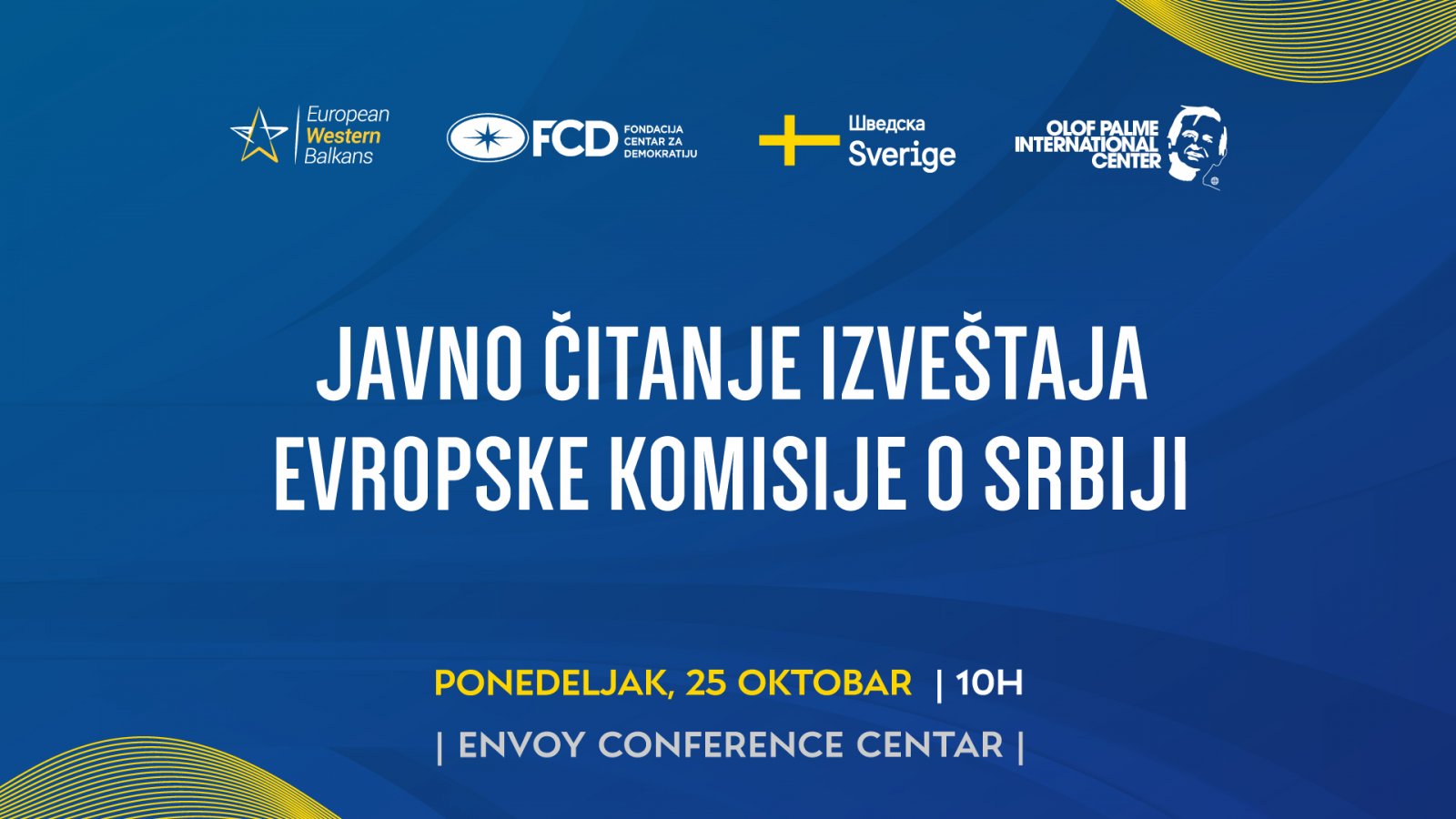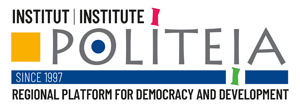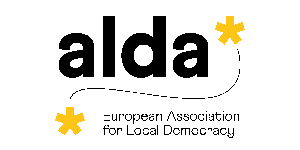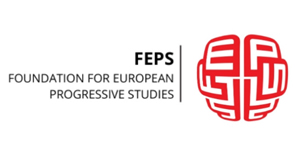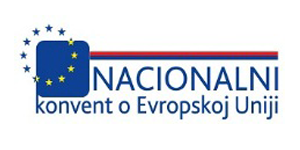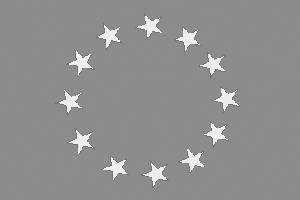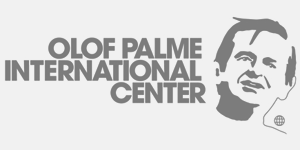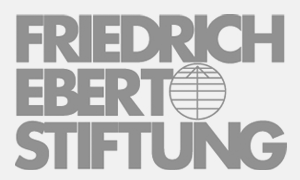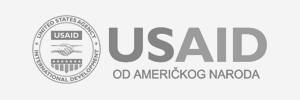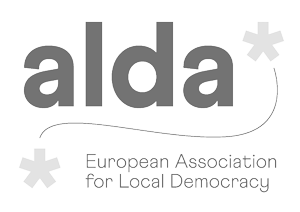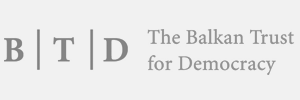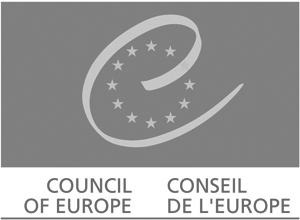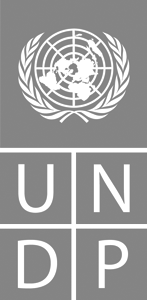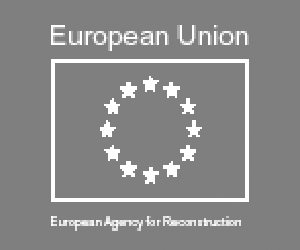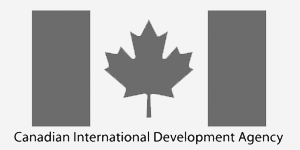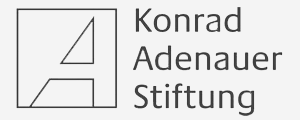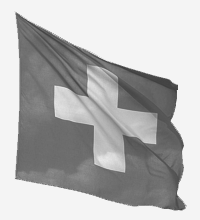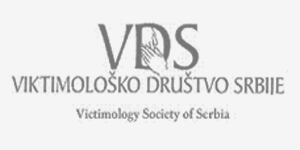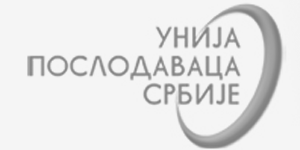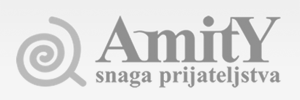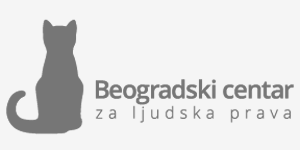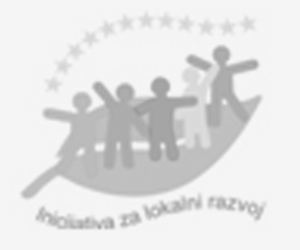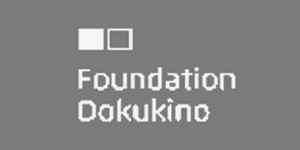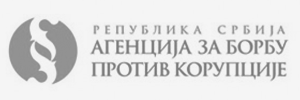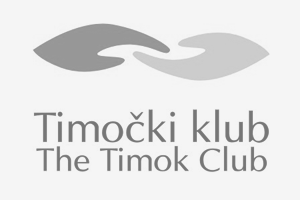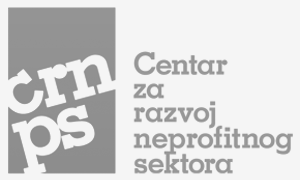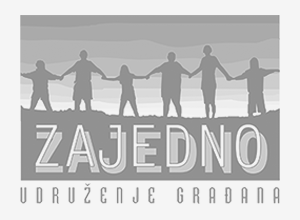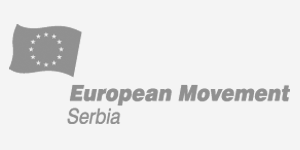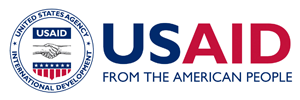Public reading of the European Commission 2021 Report on Serbia
On 25 October 2021, the Center for Democracy Foundation and the Centre for Contemporary Politics organised the Public reading of the European Commission 2021 Report on Serbia, with the support of the Olof Palme International Center.
The Report of the European Commission on Serbia for 2021 was published on 19 October in Strasbourg. The Commissioner for Enlargement, Olivér Várhelyi, called for the opening of two new clusters in the negotiation process with Serbia, while the authorities in Belgrade rated the report as one of the best in the last few years. Is this really the case? What evaluations may be found in the Report and what consequences may arise from the Report? These were the most important topics initiated during the Public Reading, where findings of various sections of the Report were presented. Also, the significance of this Report to Serbia’s further accession to the EU was discussed.
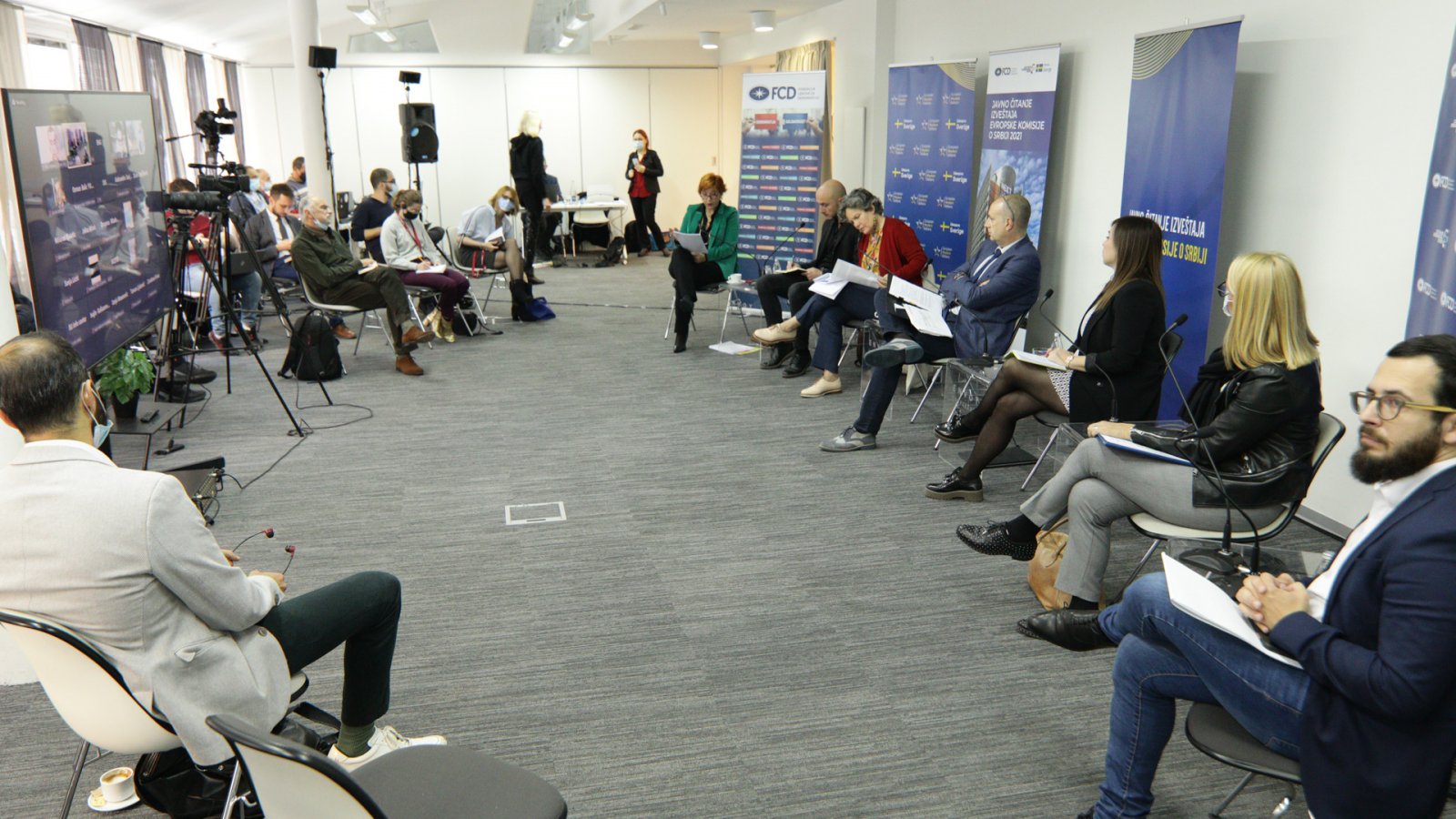
Partaking in the discussion were: Mateja Norčić Štamcar, Deputy Head of the EU Delegation in Serbia, Nataša Vučković, Executive Director of the CDF, Nemanja Todorović Štiplija, Executive Director of the Centre for Contemporary Politics, Jovana Spremo, Adviser on EU integration related policies, Lawyers' Committee for Human Rights (YUCOM), Vladimir Međak, Vice President of the European Movement in Serbia, Bojan Elek, Senior Researcher at Belgrade Centre for Security Policy (BCSP), Kori Udovički, President of the Board of the Center for Advanced Economic Studies (CEVES), Nikola Burazer, Programme Director at the Centre for Contemporary Politics.
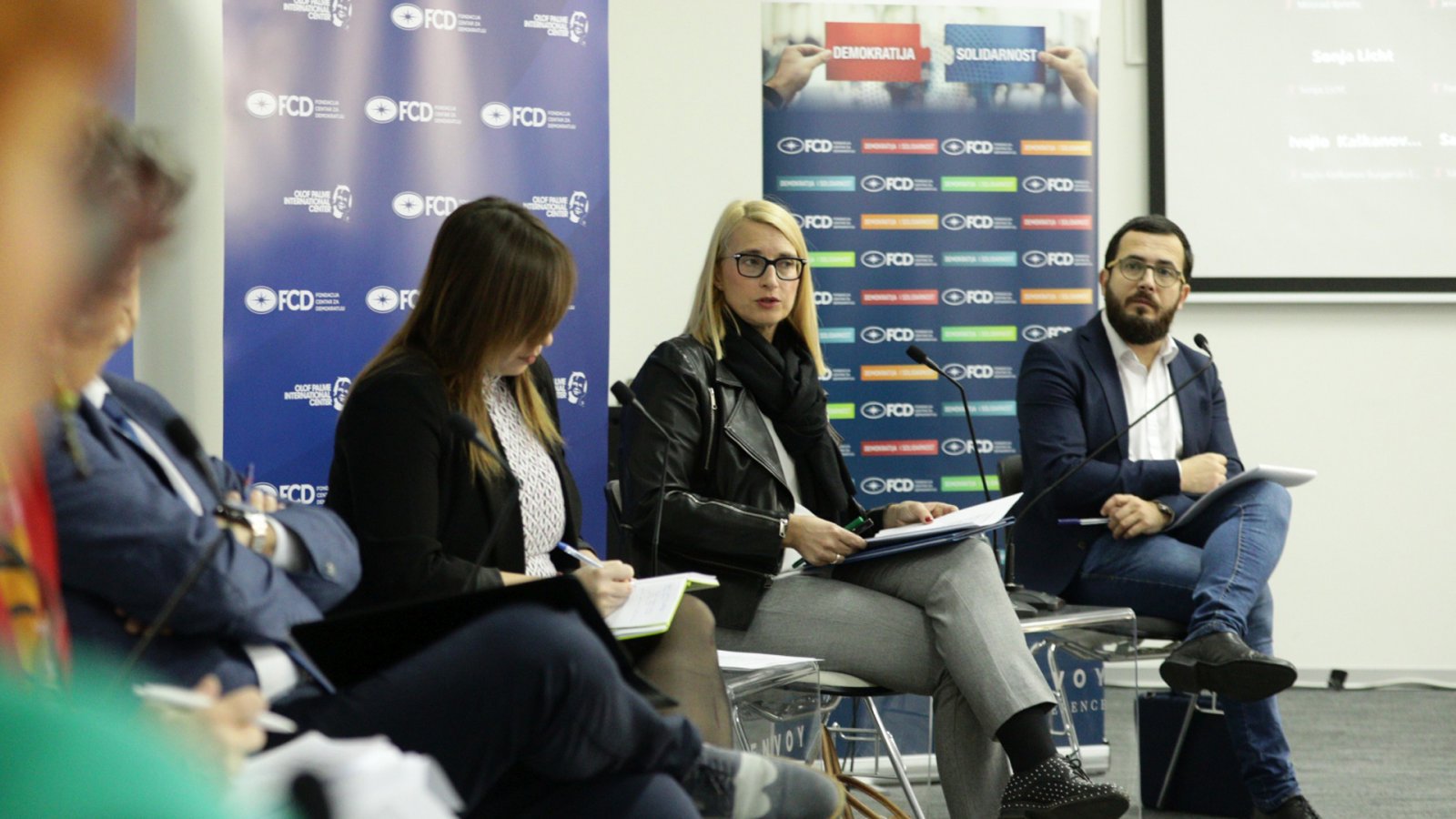
Mateja Norčić Štamcar (Deputy Head of the EU Delegation in Serbia) estimates that the RS Government prioritised reforms in the field of euro-integration and fulfilled previously undertaken obligations relating to taxation and energy, the reason for which, according to her, the European Commission proposed the opening of clusters three and four. Serbia should expand on reforms concerning the independent judicial system, combating corruption, the fight against organised crime, processing war crimes, as well as to normalise relations with Kosovo, which should result in more expedient assession negotiations. The operative word is implementation - said Ms Štamcar, reminding everyone that the EU Member States will have the final say in the matter of opening clusters.
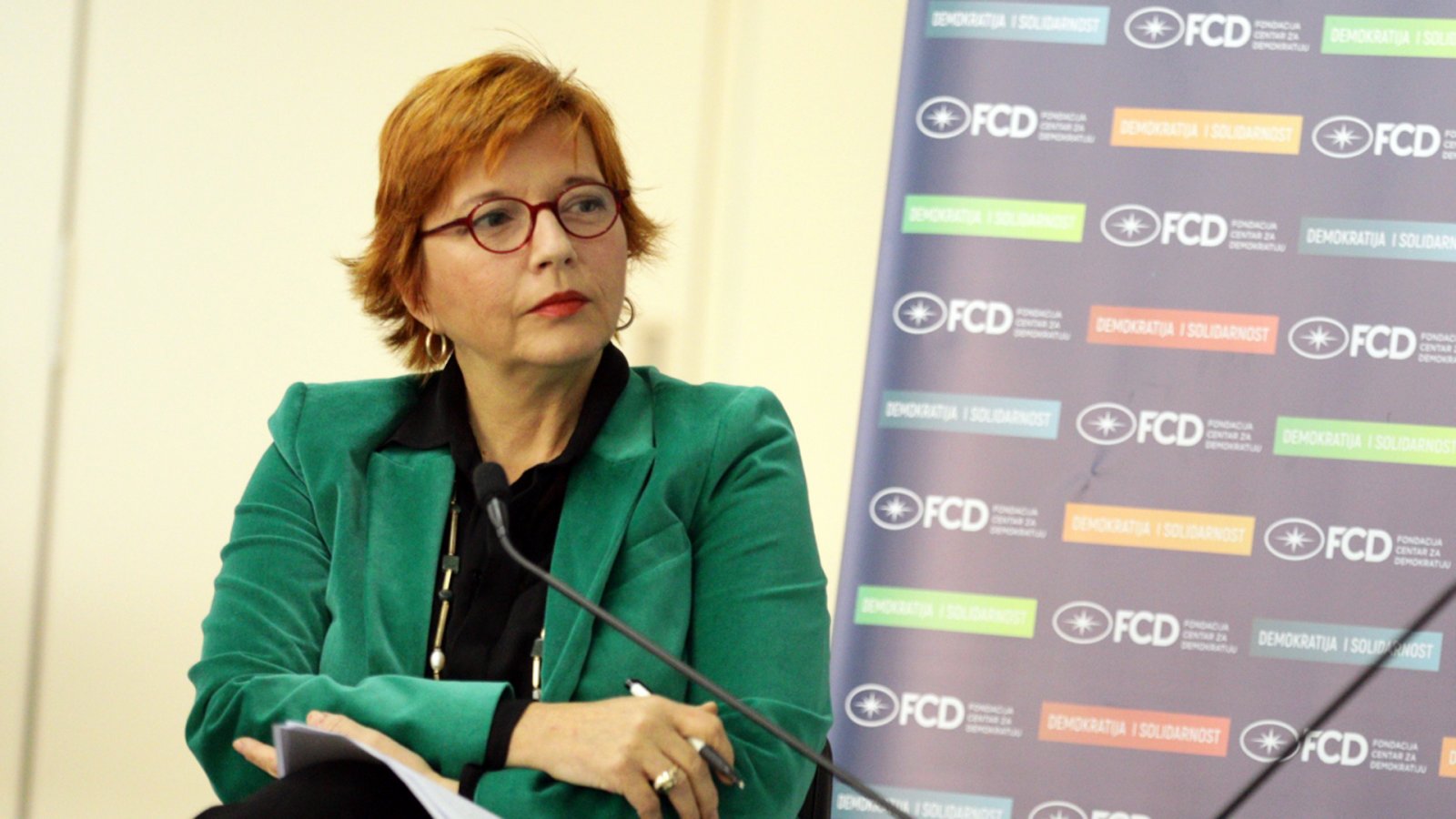
Nataša Vučković (Executive Director of the CDF) reiterated that the European Commission Report is actually a description of the country in which we live, that is, the progress made in numerous areas is insignificant or very limited, as evaluated by the EC. It seems the intent of the European Commission was to incentivise Serbian authorities to continue to make progress toward the EU. We, as a CSO that serves to represent the portion of the population that wishes to see Serbia join the EU, support this idea. It is in the best interest of the people of Serbia that the clusters be opened for negotiation. The EC Report is critical, its main points emphasise that the fight against corruption is non-existent, the institutions are weak, that the application of law is insufficient. Economic progress exists; however, this is paralleled with a great amount of risk from corruption and an extremely high percentage of poverty, particularly among vulnerable groups.
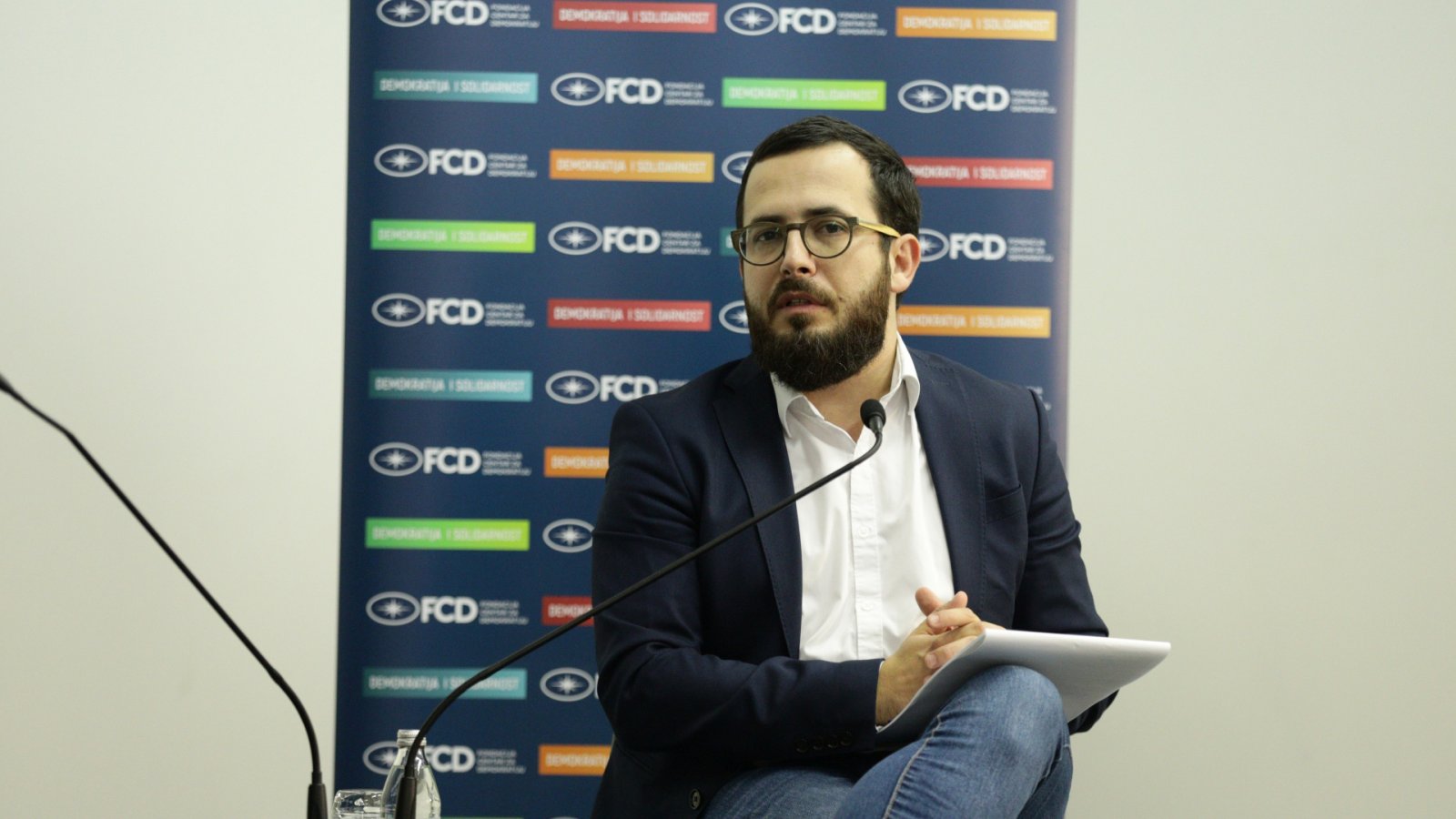
Nemanja Todorović Štiplija (Executive Director of the Centre for Contemporary Politics) reminded everyone that the public is divided regarding the EC Report, with one side emphasising the proposal to open the clusters, while the other side holds a critical view of the Report. Finally, it was this ‘other side’ that accused us of not supporting Serbia’s EU accession. Yet, those of us who are critical toward the Report are supposed to pinpoint the areas in which Serbia needs to achieve much more in order to become an EU Member State. The authorities need to show their interest and to open up dialogue on all issues presented in the document.
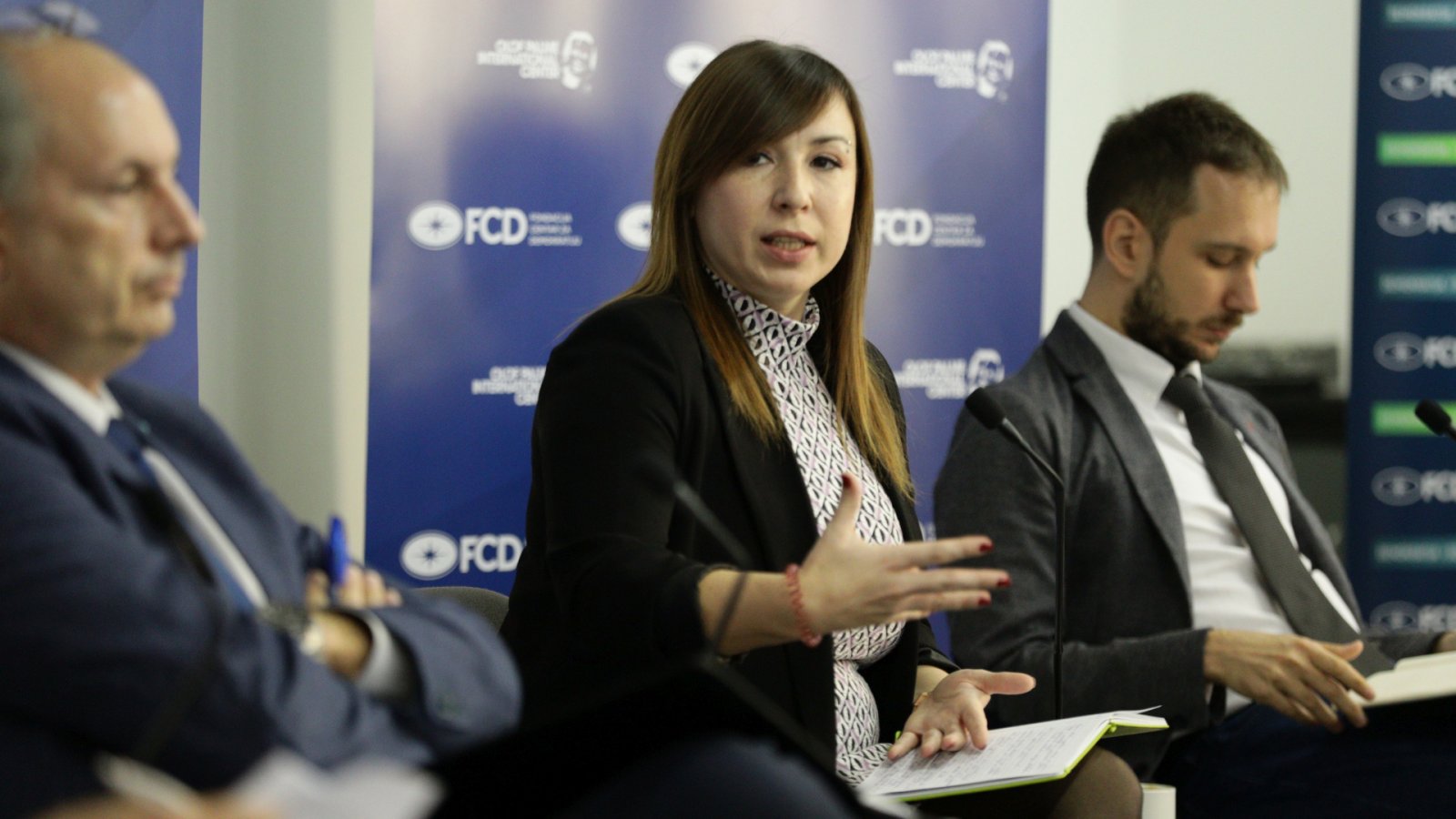
Jovana Spremo (Adviser on EU integration related policies, Lawyers' Committee for Human Rights - YUCOM) believes that the Report accurately depicted the current situation in Serbia, despite its tone and the evaluation being somewhat more favourable than that of the previous report. This is a result of the fact that the European Commission observes three stages while assessing rule of law - the legislation process itself i.e., the manner in which laws are adopted, the quality of these laws and their implementation, which we believe to be crucial. Therefore, in spite of numerous processes of drafting legal enactments, their application remains inadequate. Simultaneously, non-democratic practises of pressuring anyone who attempts to act in line with public interest is prevalent, whether the issue is legislation, the media or activists.
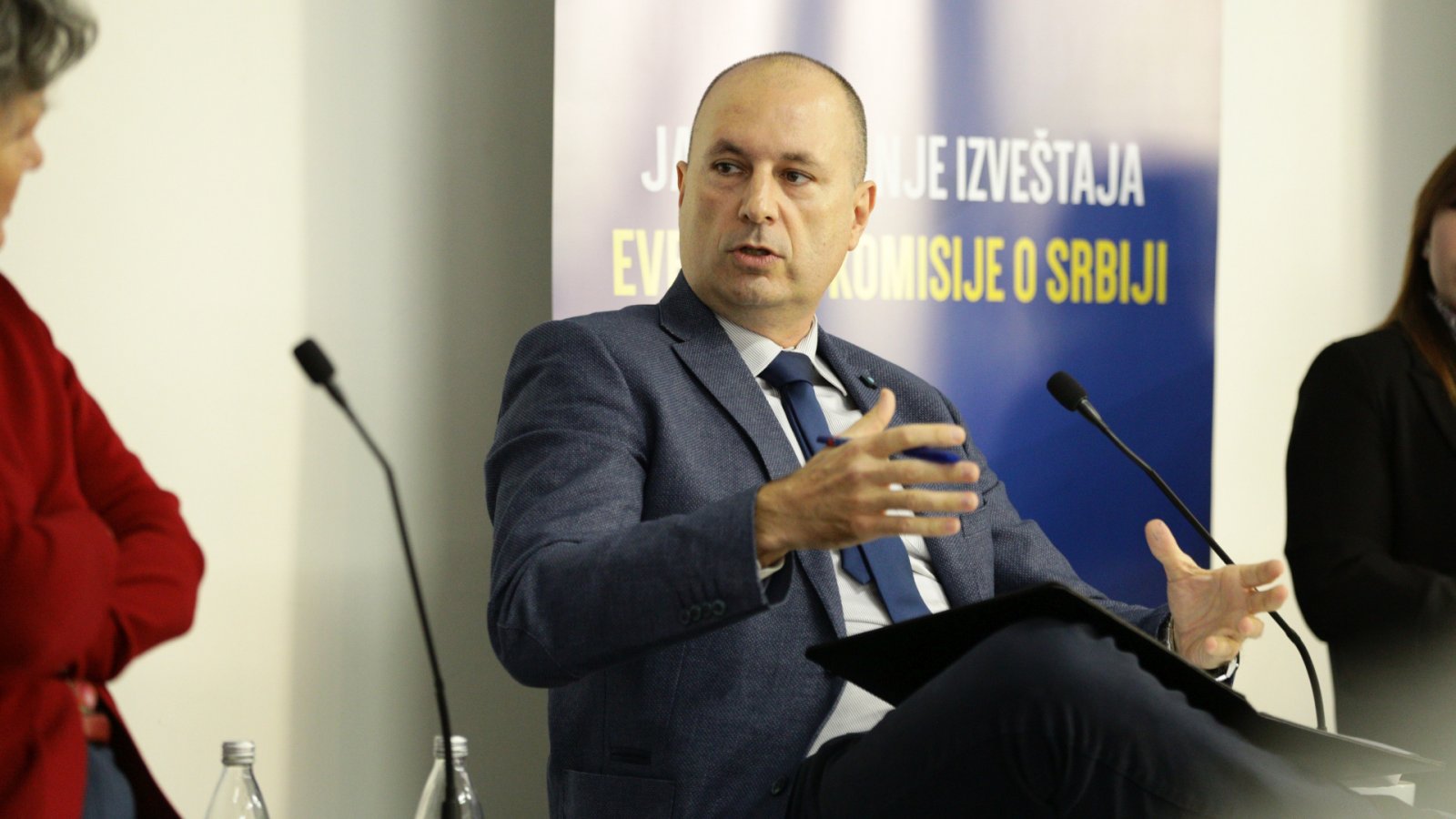
Vladimir Međak (Vice President of the European Movement in Serbia) emphasised that he isn’t sure where this ‘excessive positivity’ in the comments on the Report stems from, with the exception of the recommendation to open two clusters. He reminded that as of 2015, Serbia has taken only baby steps forward in terms of improvement relative to just six Chapters. At the same time, we have dropped rank in terms of lists measuring democracy and freedom of the press. This is the essence and the form of reforms. Further, I believe that reform can only take us so far, and we are currently teetering on this very precipice. There comes a point when the core of the matter has to emerge, and that’s exactly what the Report says. The Report says that there must be effective change in the field.
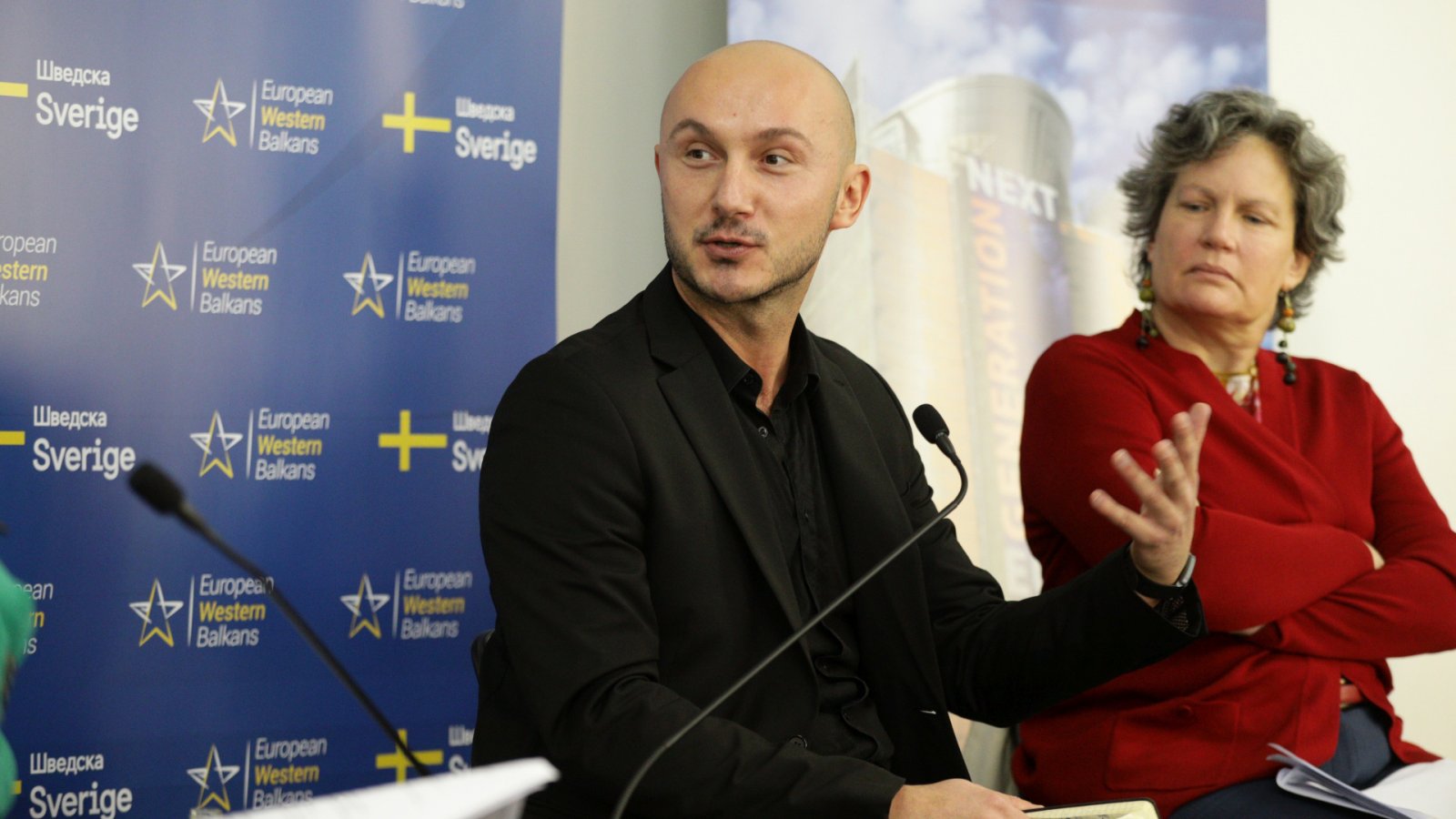
Bojan Elek (Researcher at Belgrade Centre for Security Policy - BCSP) estimates that the European Commission has comprehensively, accurately and truthfully determined the current state in the field. Perhaps though, it has not used explicit language to describe this. It is necessary to improve the Prosecution’s capacity to combat organised crime. We, the members of civil societies have identified police reform as one of the key issues. The operational independence of the police needs to be strengthened against political decision-making centres. What the Report lacks is to address the Draft Law on Internal Affairs, which was revoked following backlash from both representatives of civil society organisations and the international community.
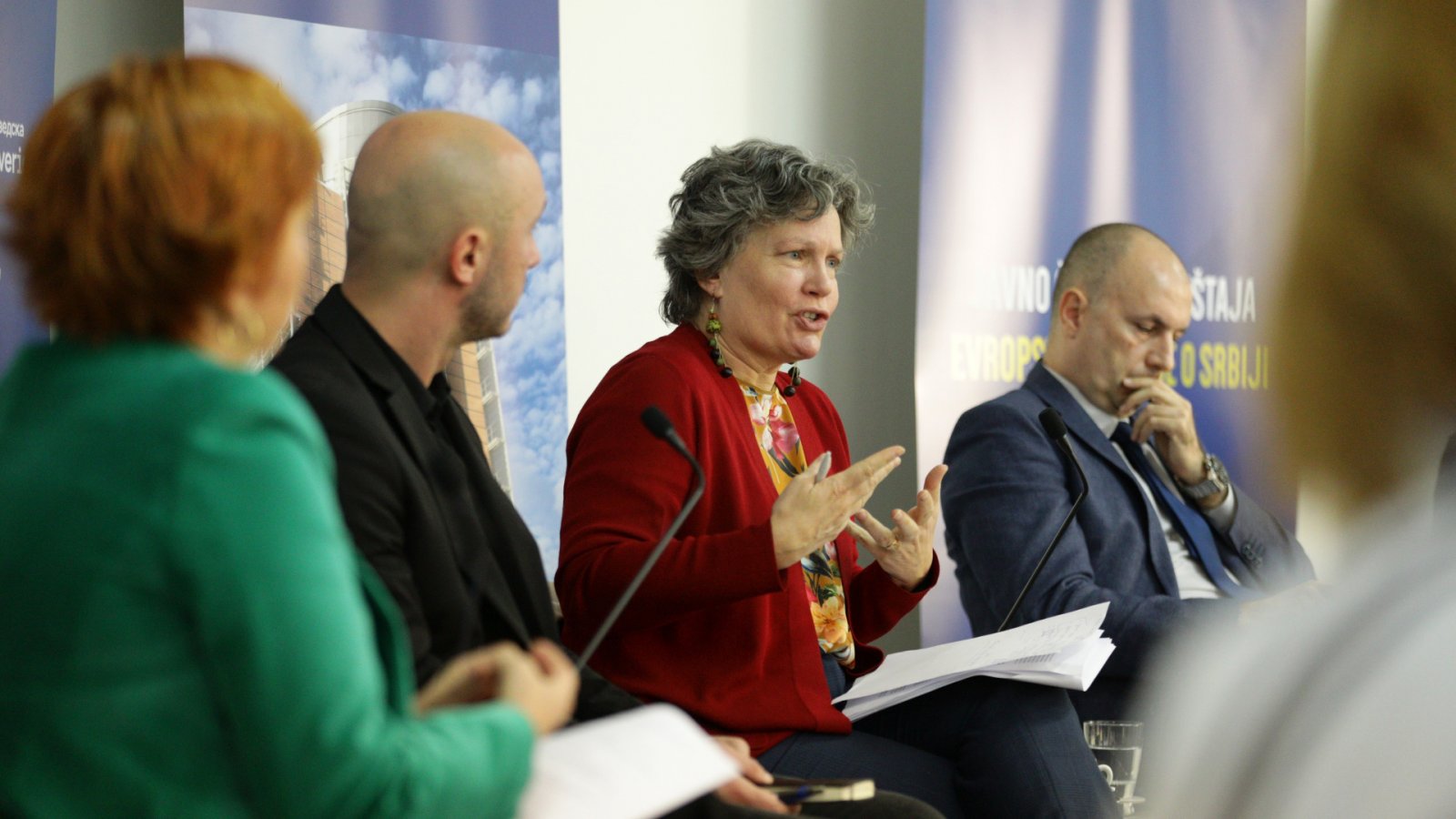
Kori Udovički (President of the BoD at the Center for Advanced Economic Studies CEVES) emphasised that the economy needs to be strong enough to be able to compete on EU markets. There are no value assessments in this Report, rather, this has been left to the EU Member States. Serbia's economy is finally in a position to grow after 20 years of restructuring; however, we are not working toward determining our next priorities and how we will manage the differences between Belgrade and Novi Sad, on the one hand, and the large, remaining portion of Serbia, on the other. What’s more, public companies operate under political rule and are inefficient.
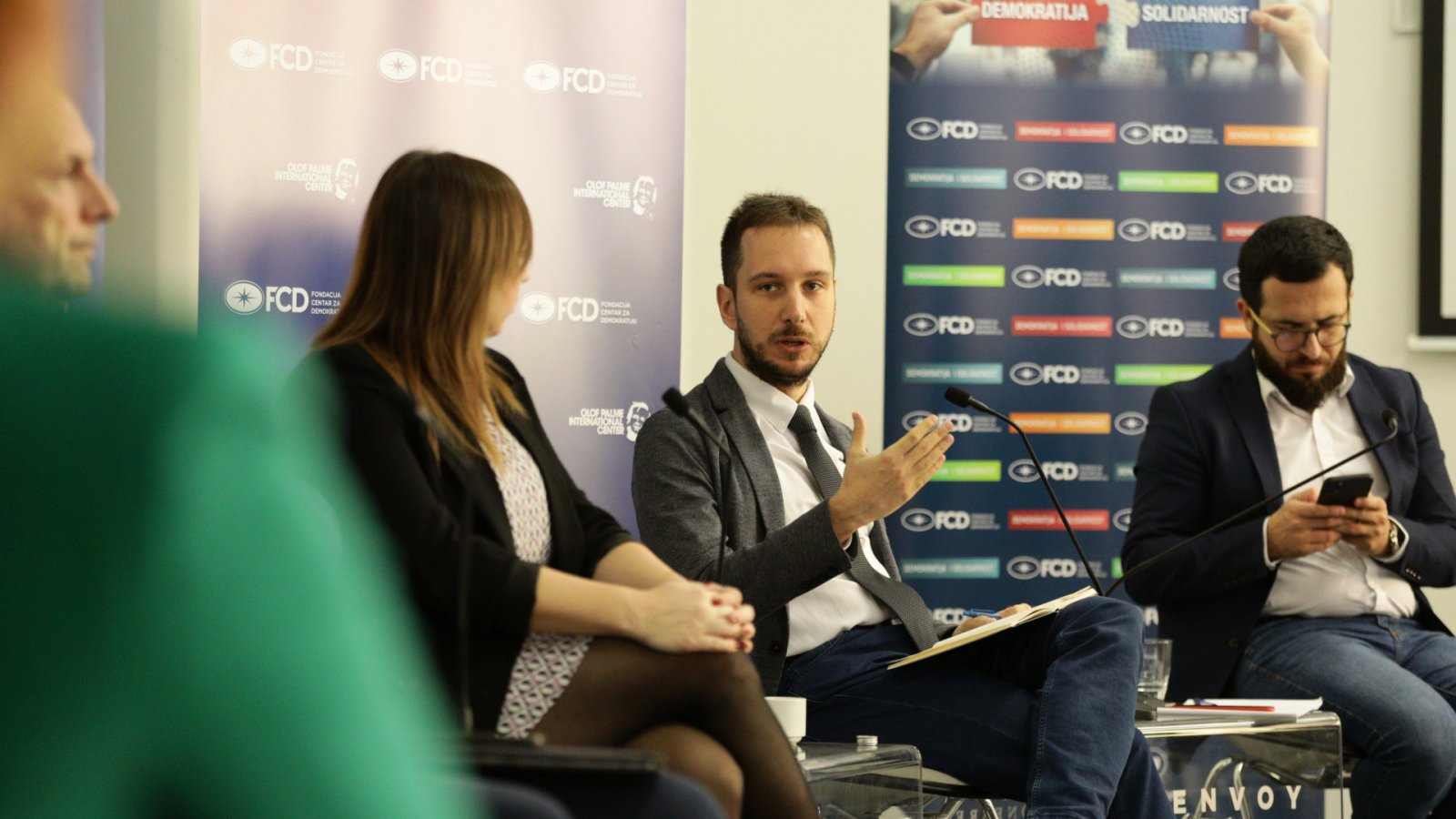
Nikola Burazer (Programme Director at the Centre for Contemporary Politics) estimates that the Report is ‘artificially positive’. For the first time since 2015, we see limited progress in the area of freedom of expression, while in other international indicators, this progress is invisible. When you read the Report, one can see that the text does not deviate from previous years or the assessments of civil societies. I will end with a significantly negative evaluation of the level of democracy present in Serbia. We live in a country where the centre of power is no longer within the institutions. I do have a certain degree of understanding for the EU, as it is difficult to measure progress in a country that is moving backwards, that is, further away from the criteria set in order for it to obtain EU membership.
Photo Gallery: Public reading of the European Commission 2021 Report on Serbia
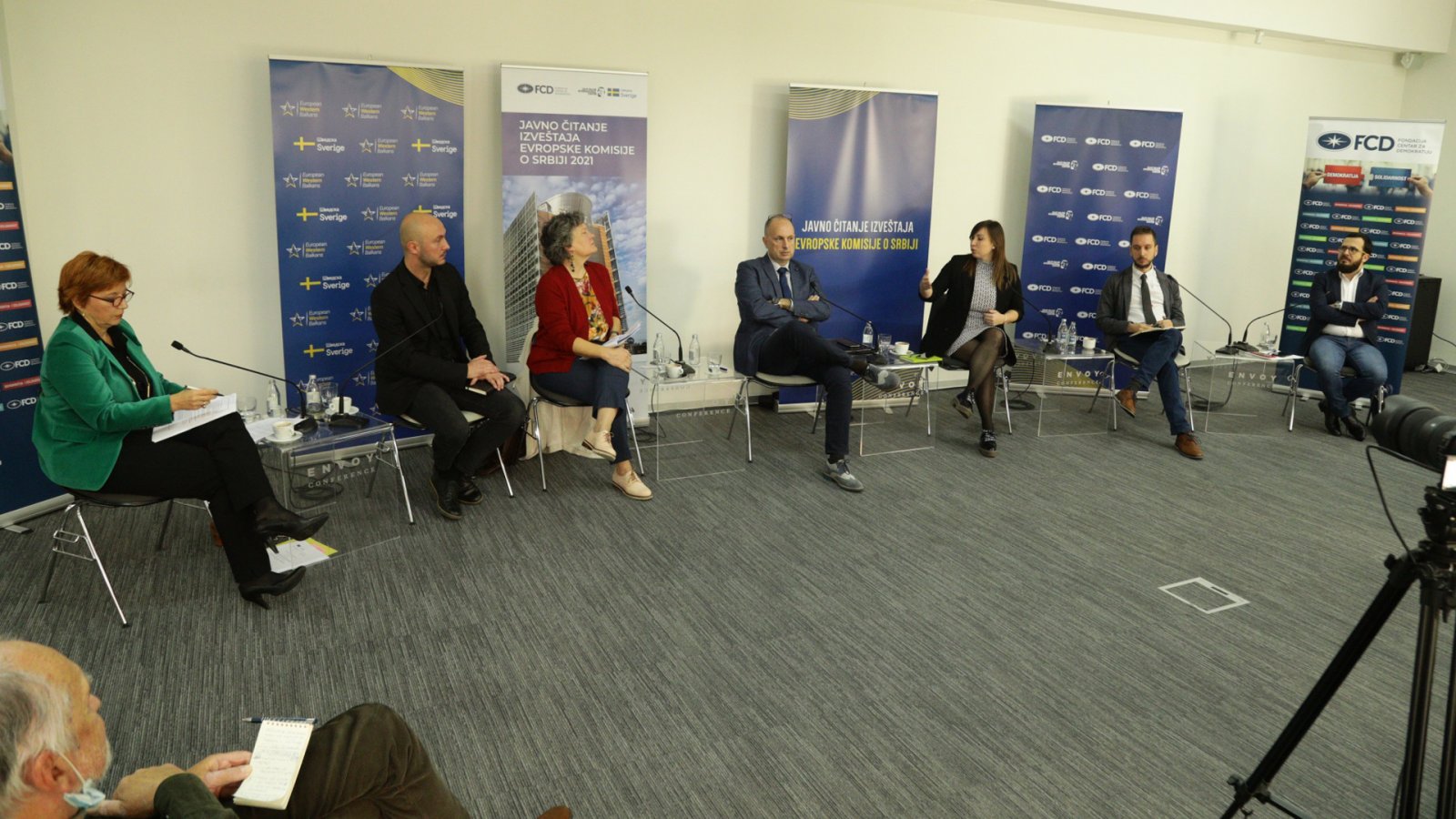
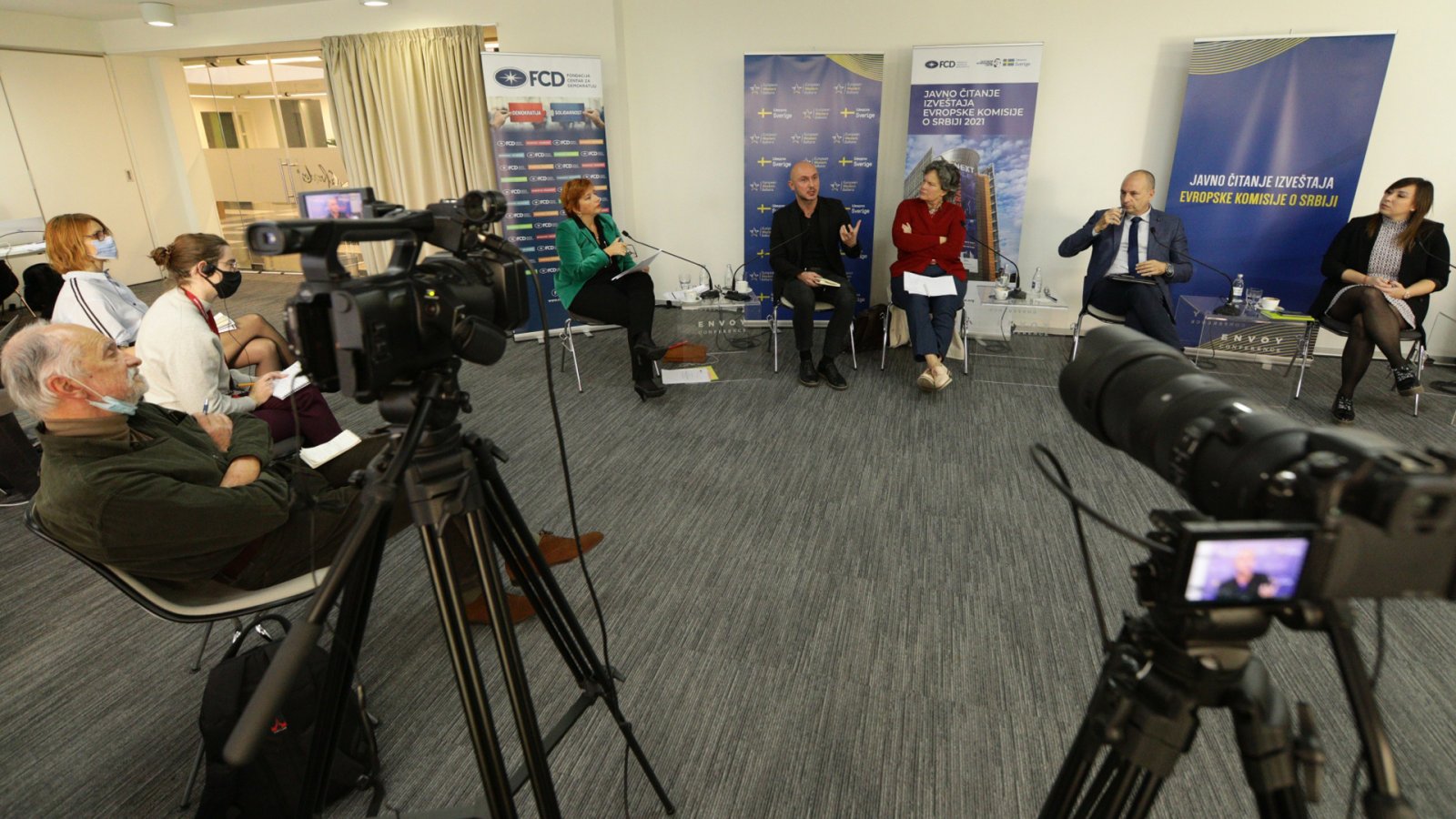
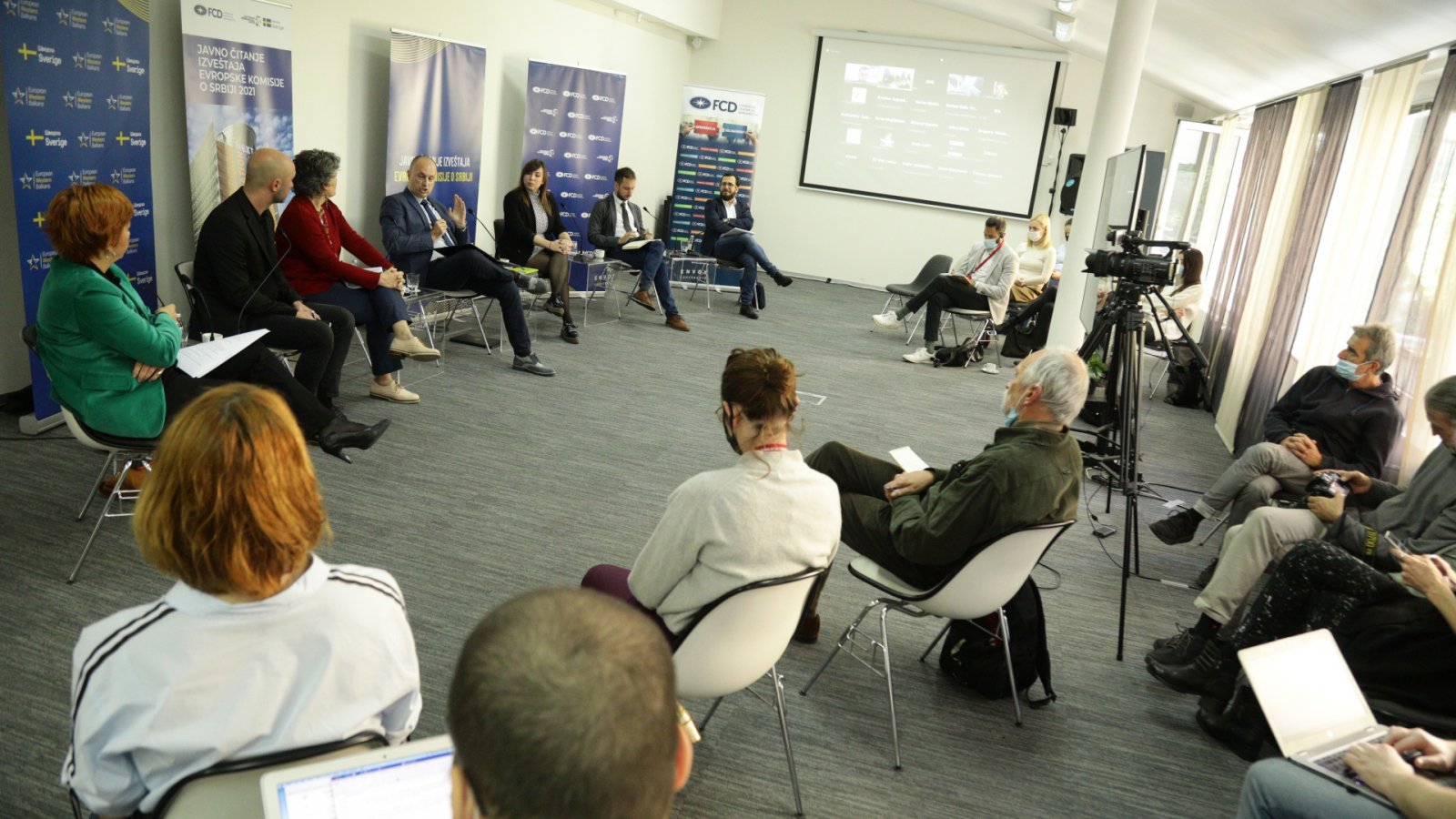
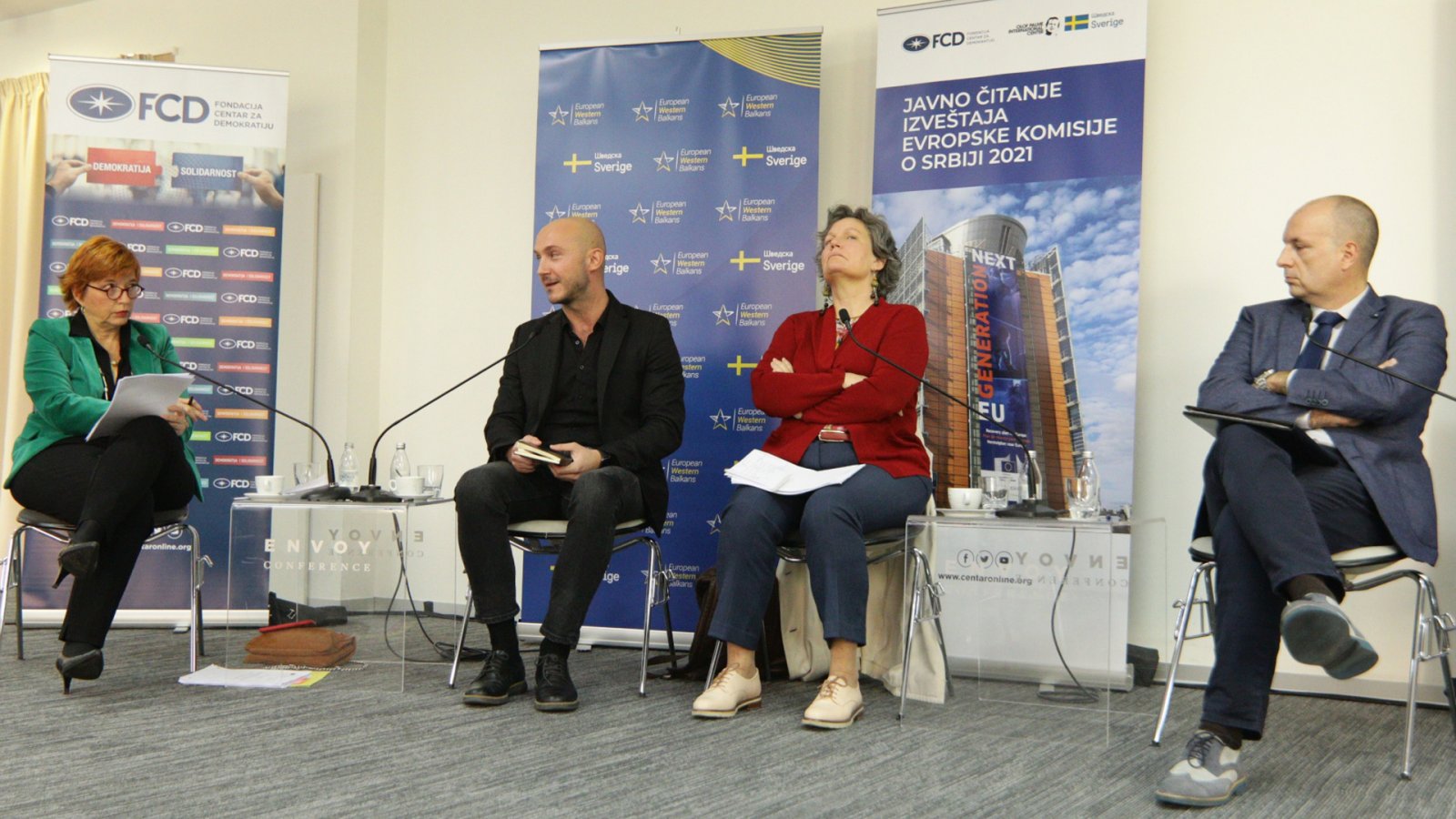
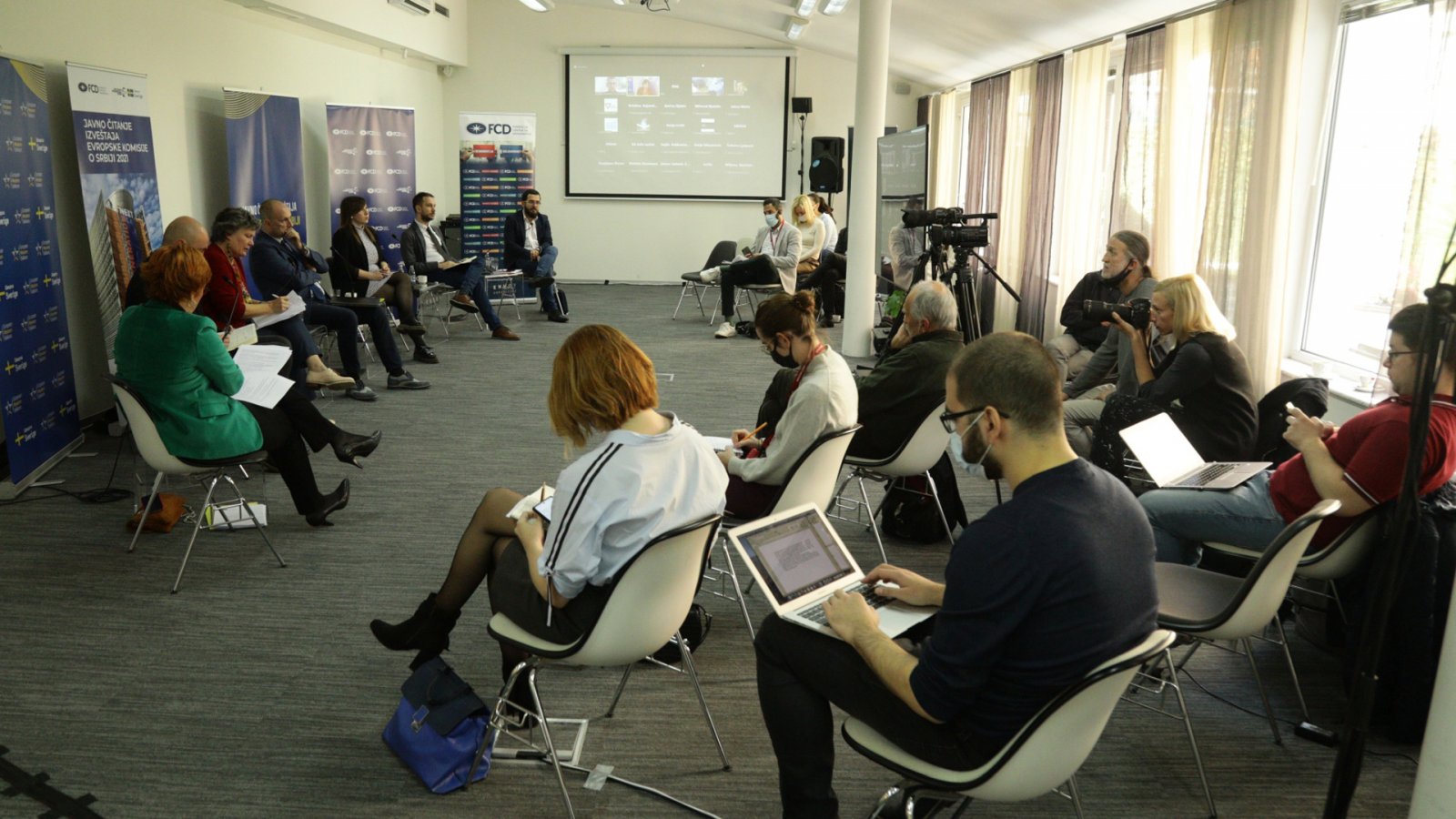
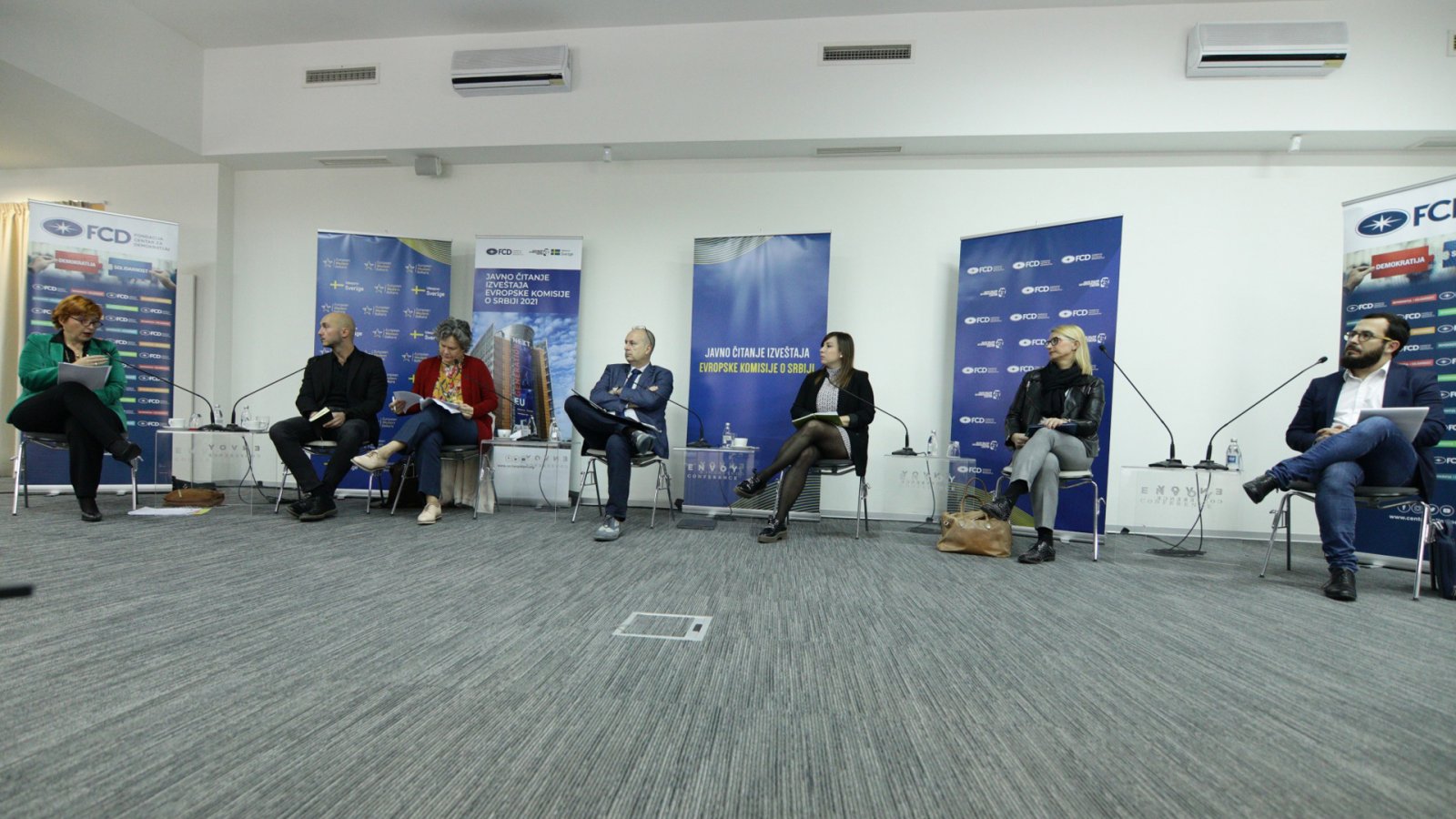
Center for Democracy Foundation
Video
Public reading of the European Commission 2021 Report on Serbia
Jovana Spremo, Adviser on EU integration related policies, Lawyers’ Committee for Human Rights (YUCOM)
Vladimir Međak, Vice President of the European Movement in Serbia
Kori Udovički, President of the Board of the Center for Advanced Economic Studies (CEVES)
PUBLICATIONS
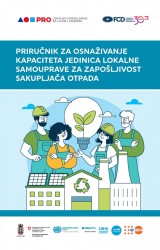 Manual for Strengthening the Capacities of Local Self-Government Units for the Employability of Waste Pickers
Manual for Strengthening the Capacities of Local Self-Government Units for the Employability of Waste Pickers
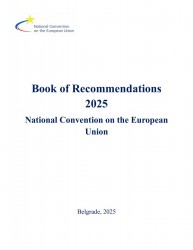 NCEU Book of Recommendations 2025
NCEU Book of Recommendations 2025
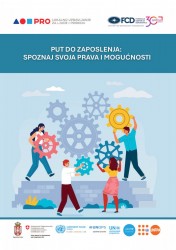 Manual “The Path to Employment: Get to Know Your Rights and Opportunities”
Manual “The Path to Employment: Get to Know Your Rights and Opportunities”
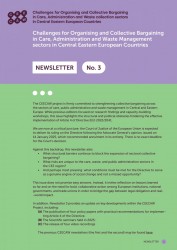 Challenges for Organising and Collective Bargaining in Care, Administration and Waste collection sectors in Central Eastern European Countries
Challenges for Organising and Collective Bargaining in Care, Administration and Waste collection sectors in Central Eastern European Countries
 Public Policy Proposals – Collective Bargaining (CEECAW)
Public Policy Proposals – Collective Bargaining (CEECAW)
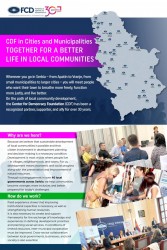 CDF in Cities and Municipalities: Together for a Better Life in Local Communities
CDF in Cities and Municipalities: Together for a Better Life in Local Communities
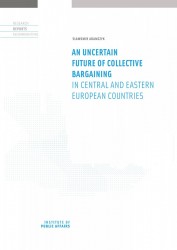 Comparative reports on collective bargaining - CEECAW
Comparative reports on collective bargaining - CEECAW
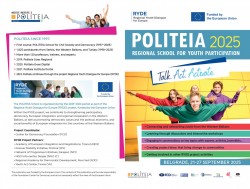 POLITEIA – Regional School for Youth Participation 2025 (leaflet)
POLITEIA – Regional School for Youth Participation 2025 (leaflet)
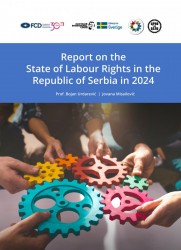 Report on the State of Labour Rights in the Republic of Serbia in 2024
Report on the State of Labour Rights in the Republic of Serbia in 2024
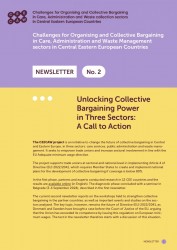 Unlocking Collective Bargaining Power in Three Sectors: A Call to Action
Unlocking Collective Bargaining Power in Three Sectors: A Call to Action
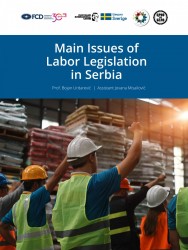 Main Issues of Labor Legislation in Serbia
Main Issues of Labor Legislation in Serbia
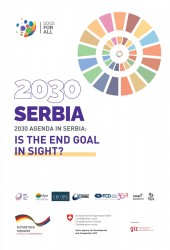 New Monitoring Report by the “SDGs for All” Platform: Is the End Goal in Sight?
New Monitoring Report by the “SDGs for All” Platform: Is the End Goal in Sight?
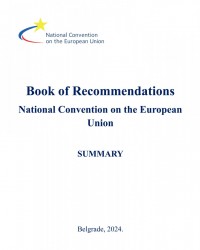 NCEU Book of Recommendations 2024 (Summary)
NCEU Book of Recommendations 2024 (Summary)
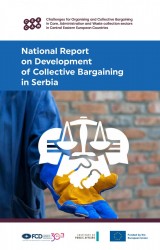 National reports on collective bargaining in Serbia - CEECAW
National reports on collective bargaining in Serbia - CEECAW
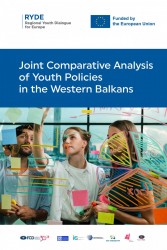 The Comparative Analysis of Youth Policies in the Western Balkans (WB)
The Comparative Analysis of Youth Policies in the Western Balkans (WB)
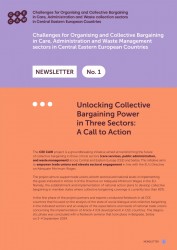 Unlocking Collective Bargaining Power in Three Sectors: A Call to Action
Unlocking Collective Bargaining Power in Three Sectors: A Call to Action
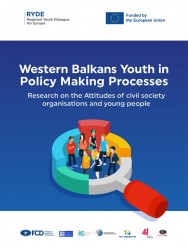 Western Balkans Youth in Policy Making Processes
Western Balkans Youth in Policy Making Processes
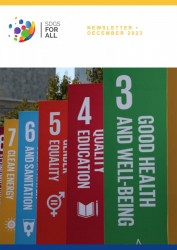 SDGs for All Platform newsletter (December 2023)
SDGs for All Platform newsletter (December 2023)


